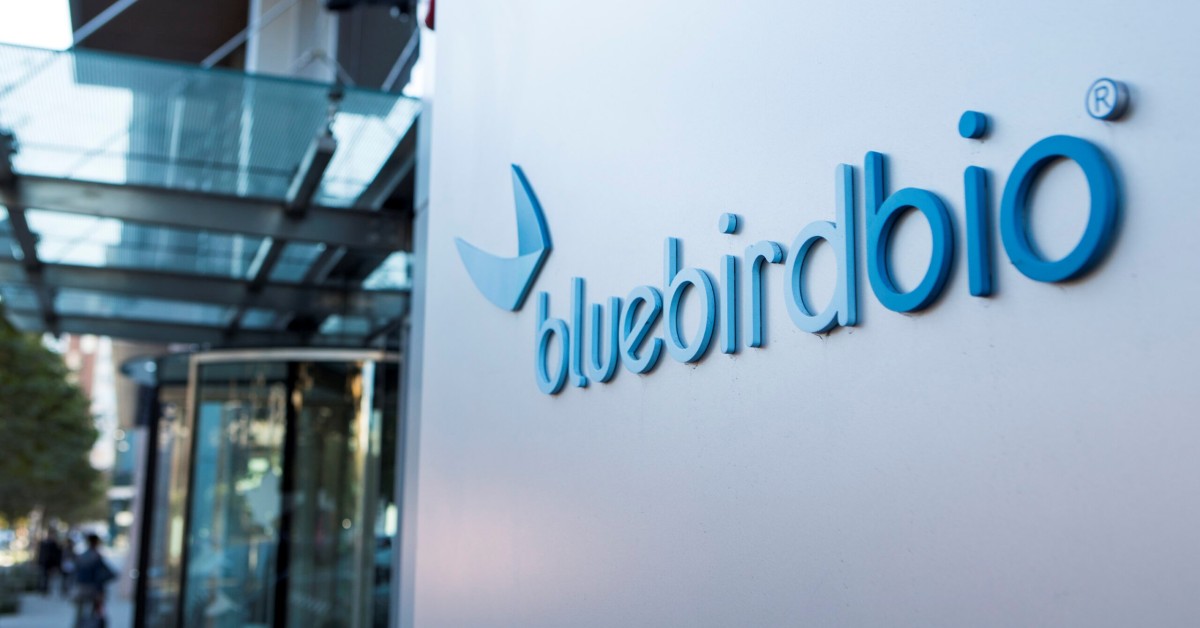
USA – Struggling biotech firm Bluebird Bio has adjusted its pending private equity buyout, increasing upfront payments to shareholders in a bid to secure its financial future.
The revised offer provides US$ 5 per share in immediate cash, replacing the original deal that included US$ 3 per share upfront with a contingent value right (CVR) tied to future revenue milestones.
This last-minute change raises Bluebird’s valuation to US$ 48.9 million, up from the previous US$ 30 million upfront sum.
The amendment comes just in time, as the company had warned it could face bankruptcy if the deal didn’t close soon.
A race against time
Once valued at over US$ 11 billion, Bluebird has seen its financial stability decline, forcing the buyout agreement with Carlyle and SK Capital Partners.
However, the deal has been delayed for months, and a competing bid from Ayrmid, offering a 50% premium, fell through.
In a regulatory filing, Bluebird cautioned that if Carlyle and SK Capital’s deal were not finalized soon, the company could default on a loan, potentially triggering bankruptcy proceedings.
Investor response & next steps
With pressure mounting, the revised offer was unveiled, and shareholders responded positively, boosting Bluebird’s stock price by 50% at market close.
The company’s board strongly encouraged shareholders to accept the new terms, emphasizing that it was the only viable path forward.
“The transaction with Carlyle and SK Capital, as amended, represents the best option for stockholders to receive compensation for their shares,” the board stated. If Bluebird were to enter bankruptcy, shareholders would likely lose their investment.
The new deadline for shareholders to tender their shares was May 29, with Carlyle and SK Capital having already obtained regulatory clearance to complete the transaction.
Looking ahead
While this revised deal provides immediate financial relief, Bluebird still faces significant hurdles as it navigates its path forward.
The biotech firm must now stabilize its operations to ensure its cell therapy pipeline remains viable despite recent challenges.
XRP HEALTHCARE L.L.C | License Number: 2312867.01 | Dubai | © Copyright 2025 | All Rights Reserved